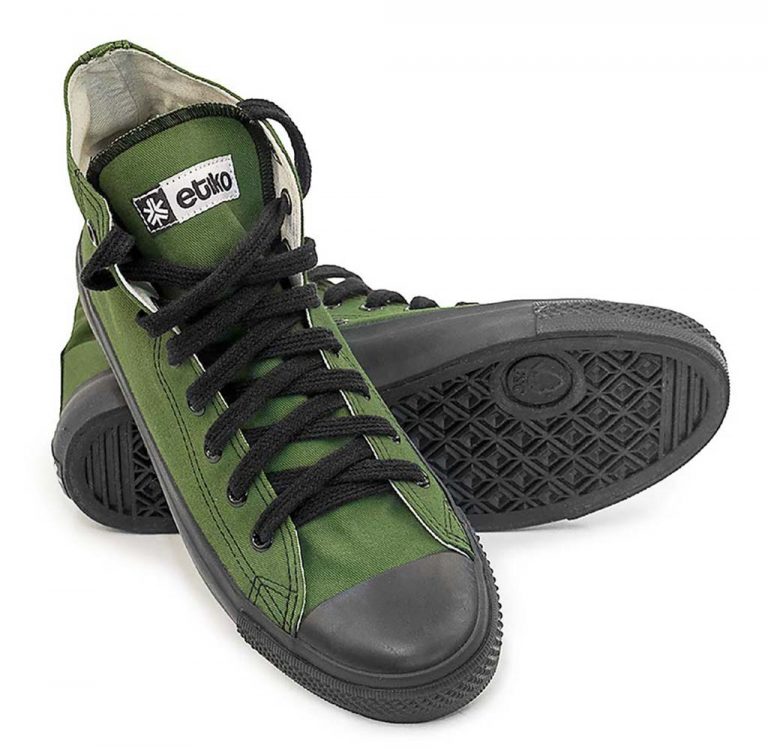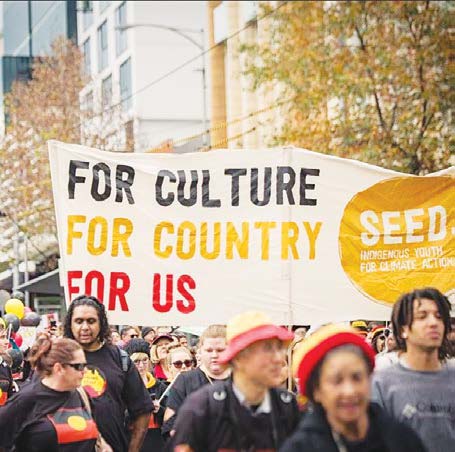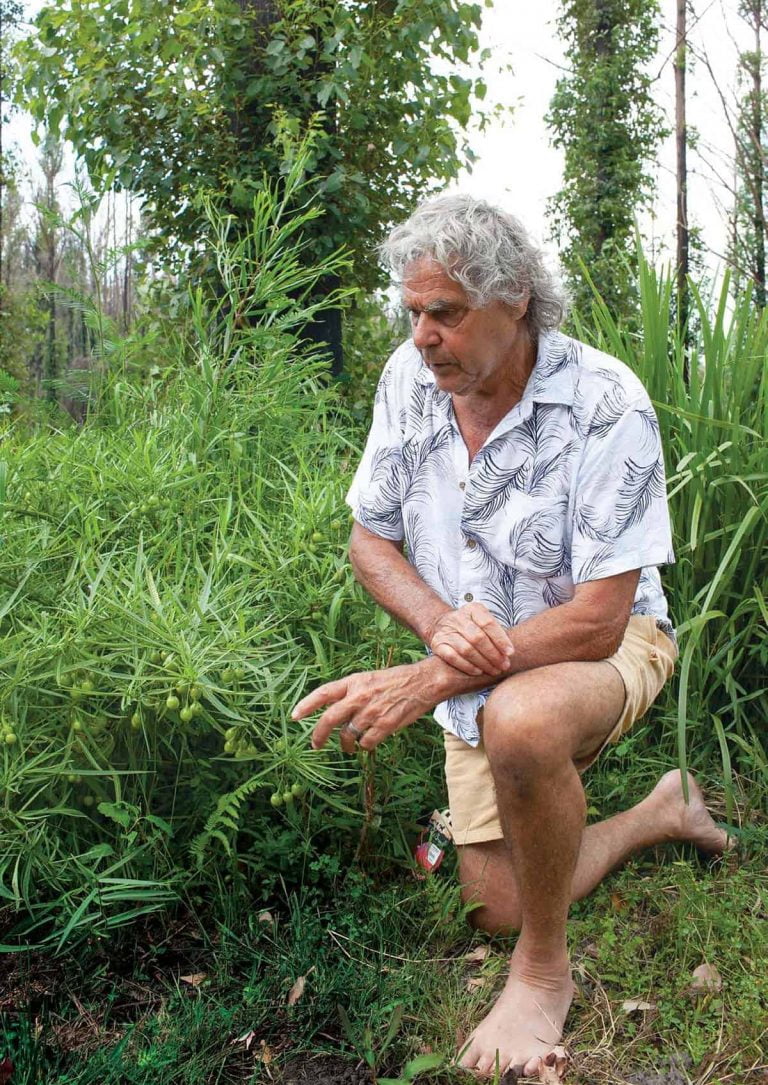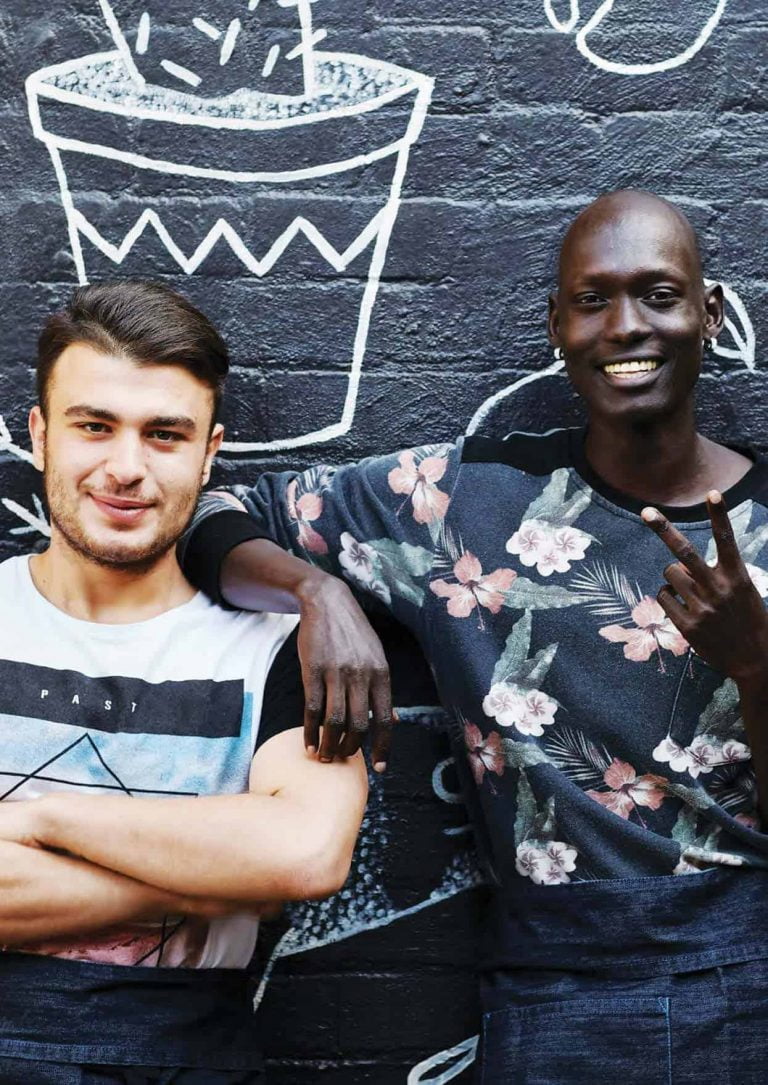International Projects
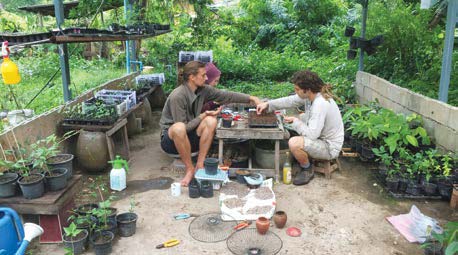

The Panya Project, established in 2007, is a small permaculture community and education centre nestled in the foothills of northern Thailand. The ten-acre site is a thriving example of low-impact, community-based regenerative living. The small residential community welcomes regular volunteers (pre-Covid, anyway) and together have crafted a number of natural mud buildings, composting toilets, permaculture production gardens and a diverse food forest.
Sitting between forest and conventional farm, it is a great place to learn what a permaculture approach can bring to the land and ecosystem. Over 2000 permaculture students have graduated from programs led by a collection of international visiting teachers. This centre is part of the global movement of permaculture learning centres. Panya’s hope is that those who visit, experience local Thai culture and are inspired to take home positive permaculture ideas into their daily lives – wherever they live.

